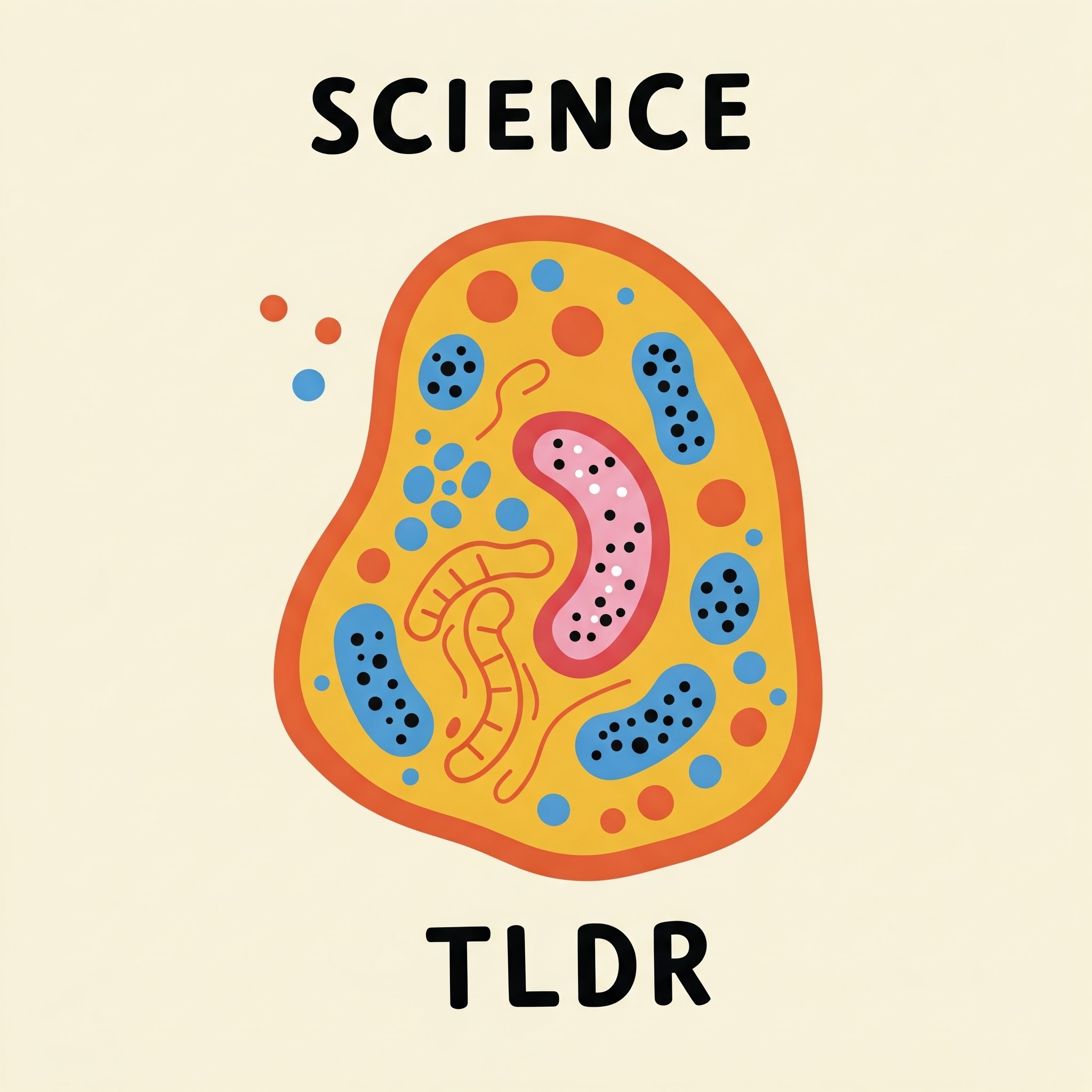Listen "Probiotic neoantigen delivery vectors for precision cancer immunotherapy"
Episode Synopsis
Authors: Redenti et al.DOI: 10.1038/s41586-024-08033-4Central Idea: This study engineers a probiotic E. coli Nissle 1917 strain to deliver tumor-specific neoantigens, creating a potent in situ cancer vaccine. This engineered probiotic effectively stimulates anti-tumor immunity and controls or eliminates tumor growth in mouse models of colorectal cancer and melanoma.Key Concepts:Neoantigen-based vaccines: Neoantigens are tumor-specific mutations, making them ideal targets for immunotherapy. Existing neoantigen vaccine approaches have shown limited efficacy.Engineered E. coli vector: Researchers modified E. coli Nissle 1917 to enhance neoantigen production and delivery. Key modifications include removing cryptic plasmids and Lon/OmpT proteases, increasing phagocytosis susceptibility, and expressing listeriolysin O (LLO).Enhanced neoantigen production: Removing proteases and cryptic plasmids significantly boosted neoantigen expression within the bacteria.Improved antigen presentation: Increased phagocytosis and LLO expression enhanced neoantigen uptake and presentation by antigen-presenting cells (APCs), including MHC class I presentation via cytosolic delivery.Antitumor efficacy: The engineered E. coli vaccine elicited potent T cell responses, controlled tumor growth, and even eradicated tumors in both primary and metastatic tumor models. Intravenous administration proved effective, overcoming limitations of direct tumor injection.Systemic anti-tumor immunity: The vaccine induced systemic anti-tumor immunity, enabling the elimination of distant, untreated tumors.Favorable safety profile: The engineered bacteria exhibited reduced persistence in the bloodstream and minimal side effects compared to wild-type E. coli.Further Research/Unanswered Questions:Optimizing neoantigen selection: Refining neoantigen prediction algorithms and selection criteria for maximal immunogenicity.Clinical translation: Evaluating the safety and efficacy of this approach in human clinical trials.Combination therapies: Exploring the potential for synergy with other immunotherapies, such as checkpoint inhibitors or adoptive cell therapies.Long-term immunity and durability of response: Assessing the duration of anti-tumor immunity and the potential for tumor recurrence.Broader applicability: Testing the effectiveness against other cancer types.Manufacturing and scalability: Developing scalable manufacturing processes for clinical use.Microbiome impact: Investigating the long-term impact of the engineered bacteria on the gut microbiome.
 ZARZA We are Zarza, the prestigious firm behind major projects in information technology.
ZARZA We are Zarza, the prestigious firm behind major projects in information technology.
